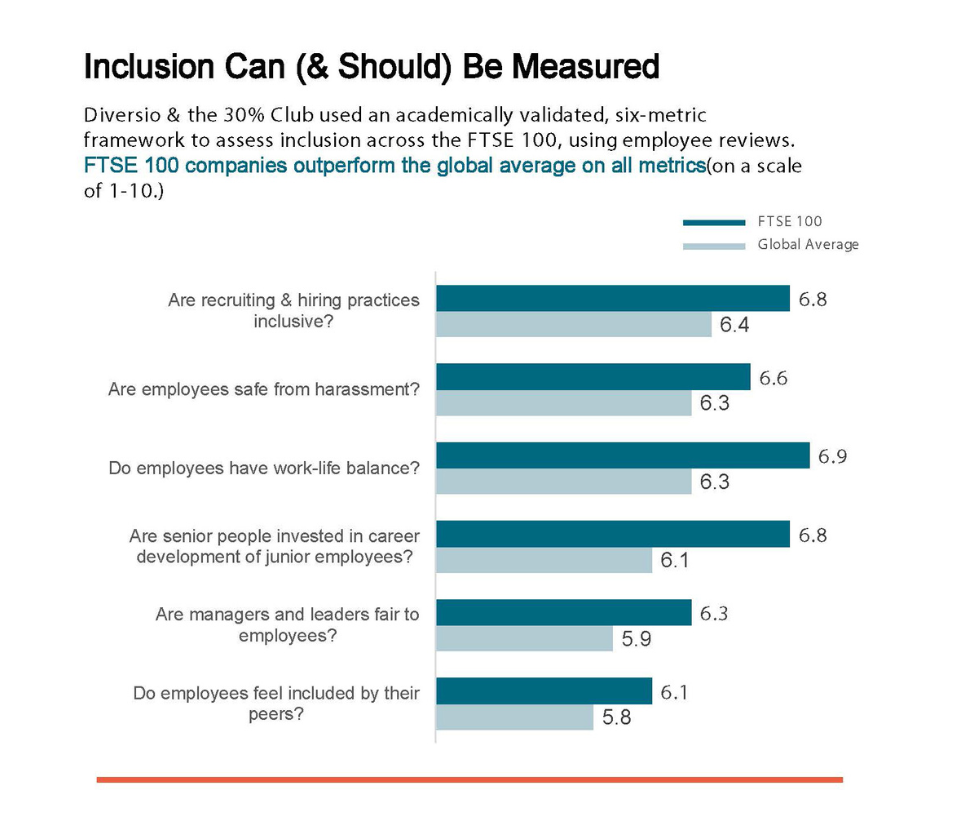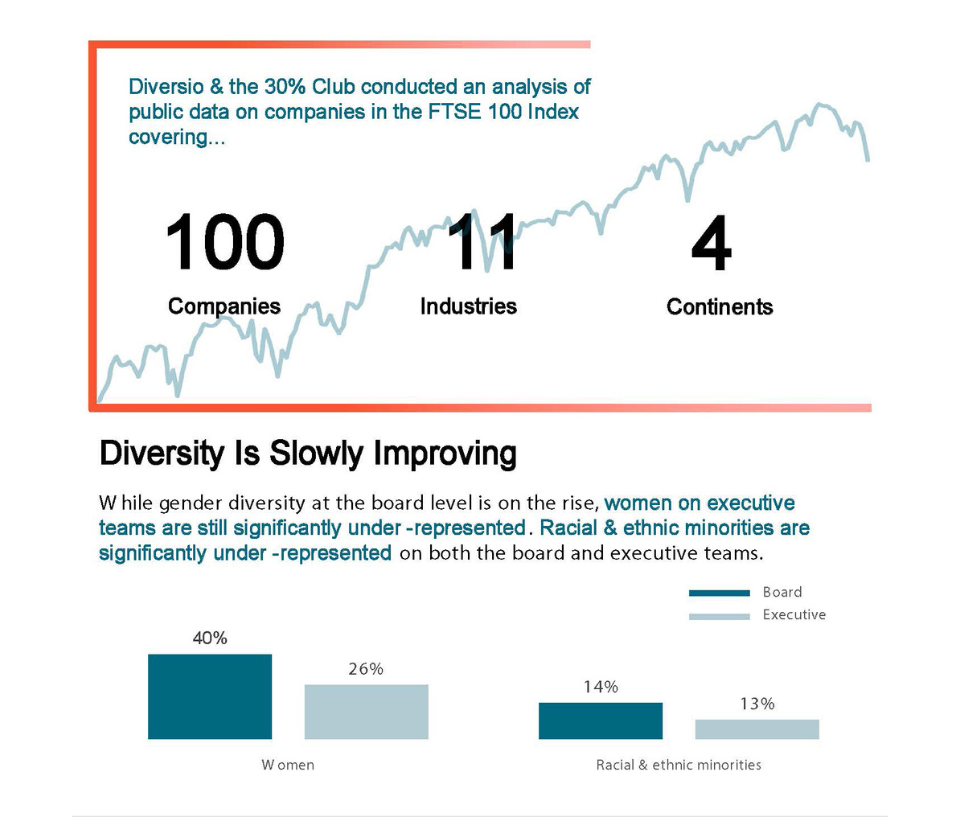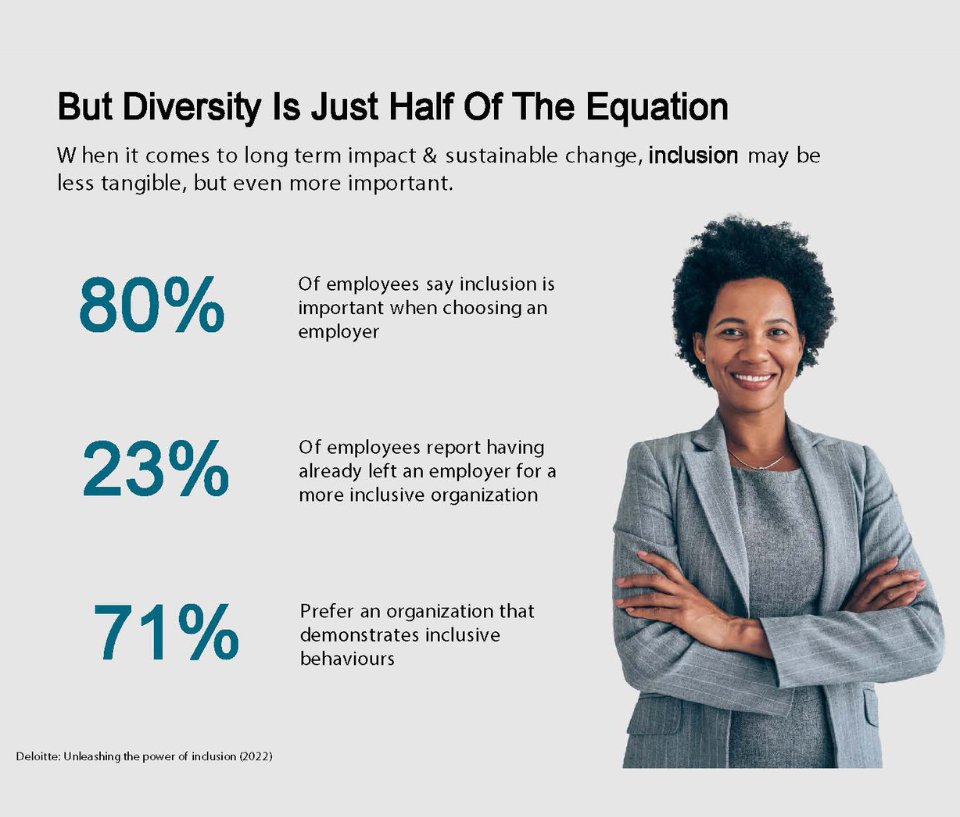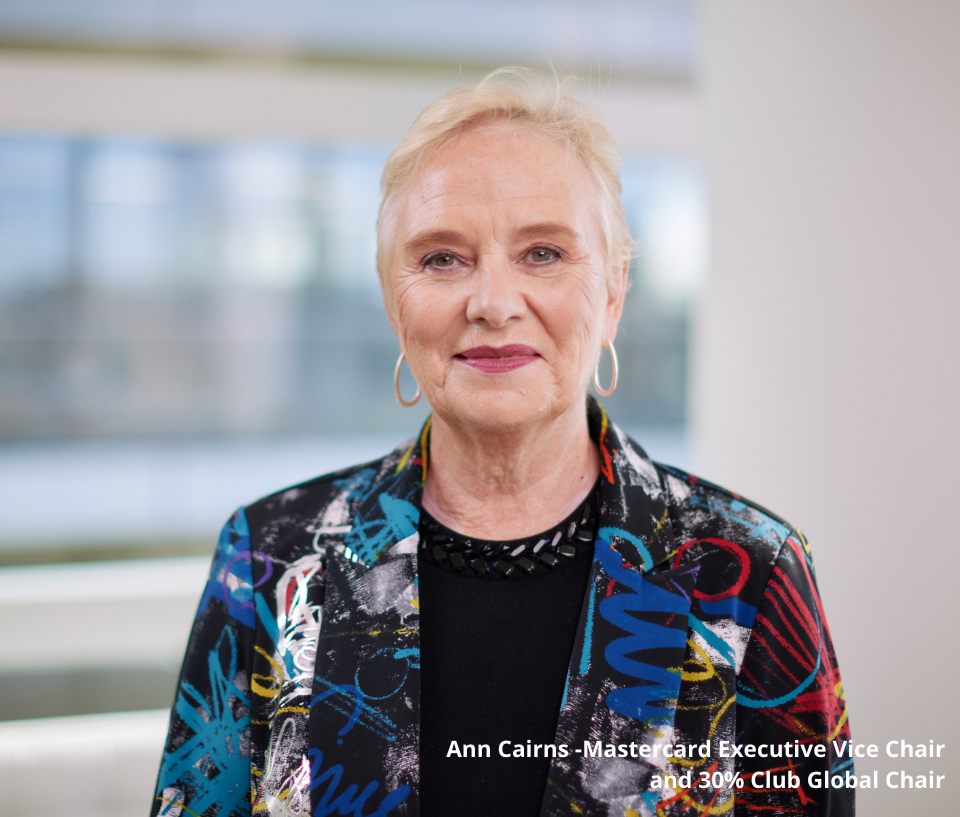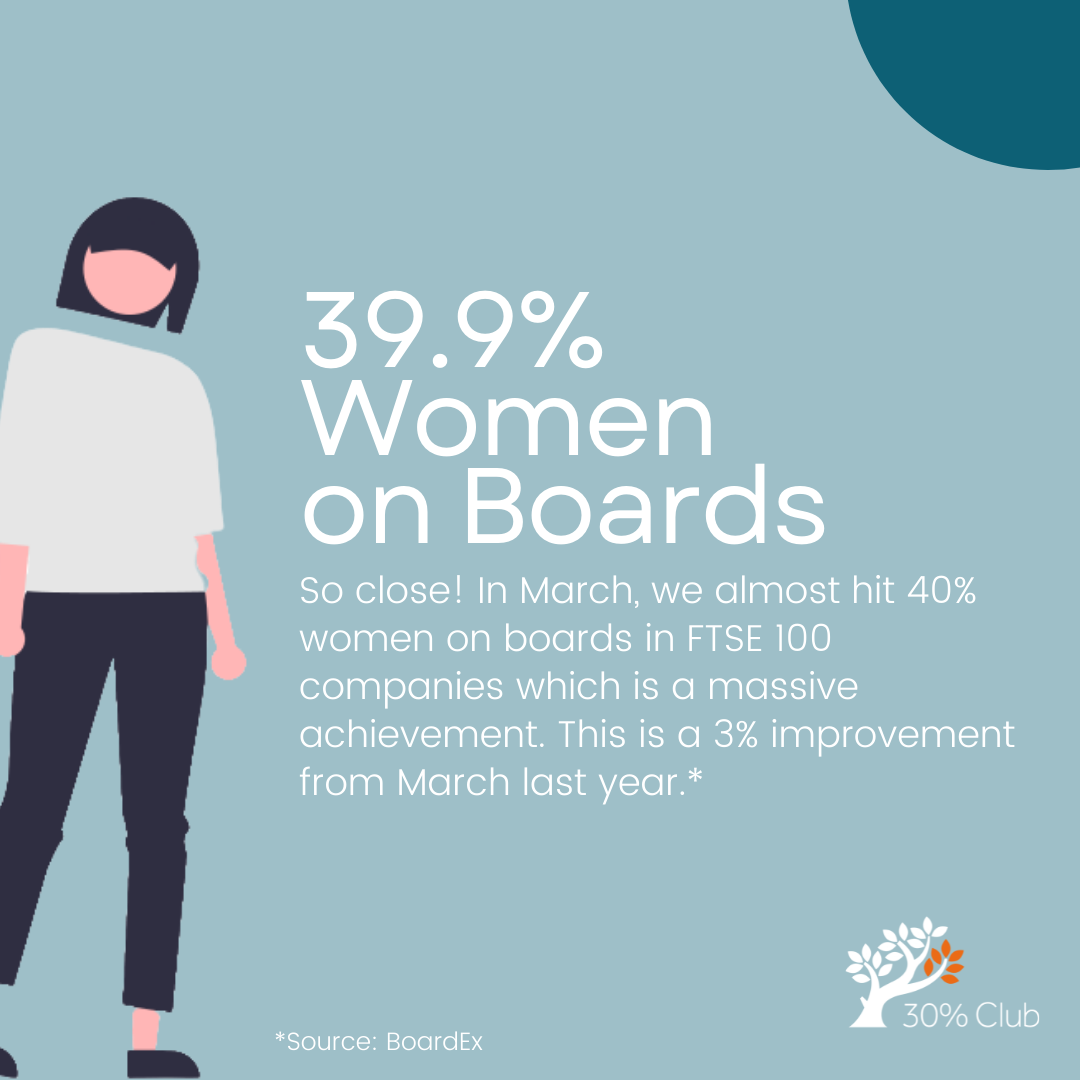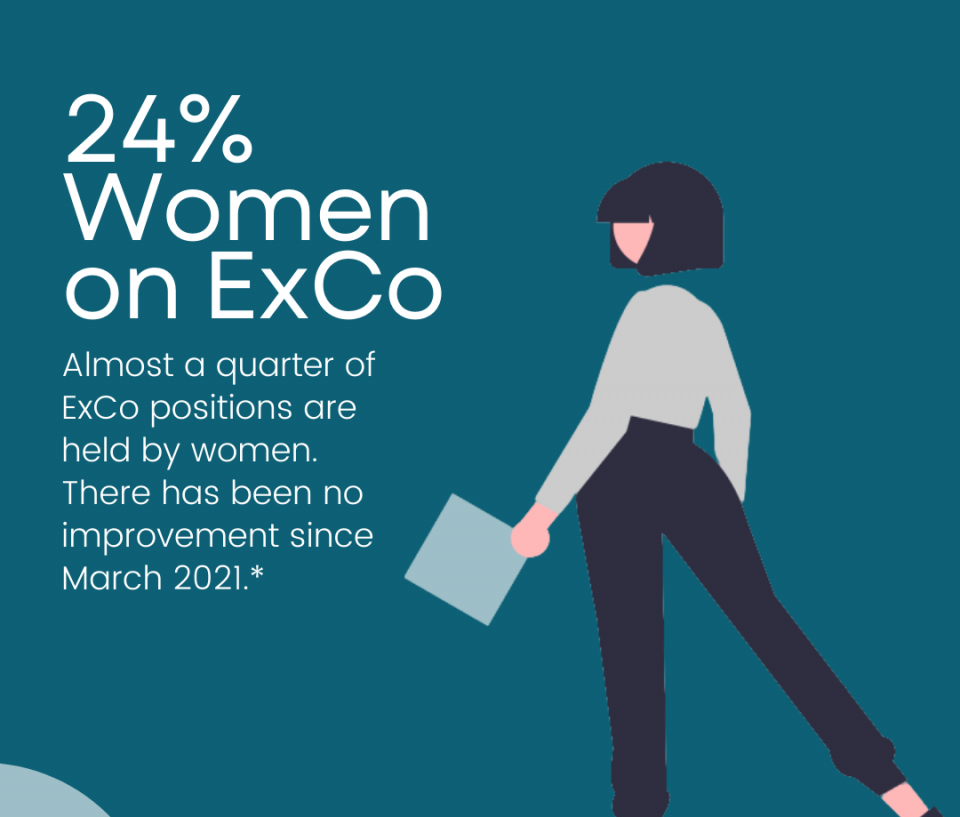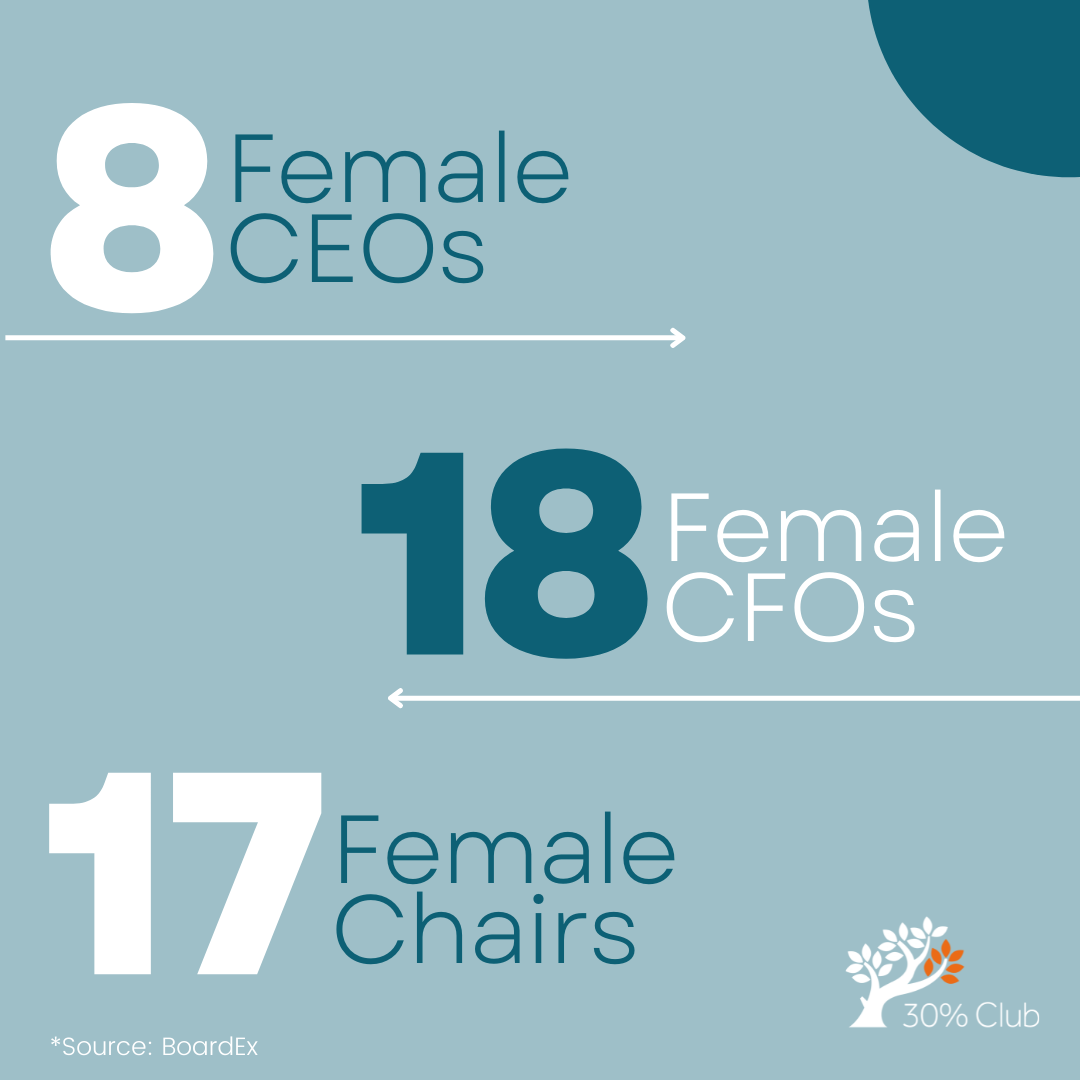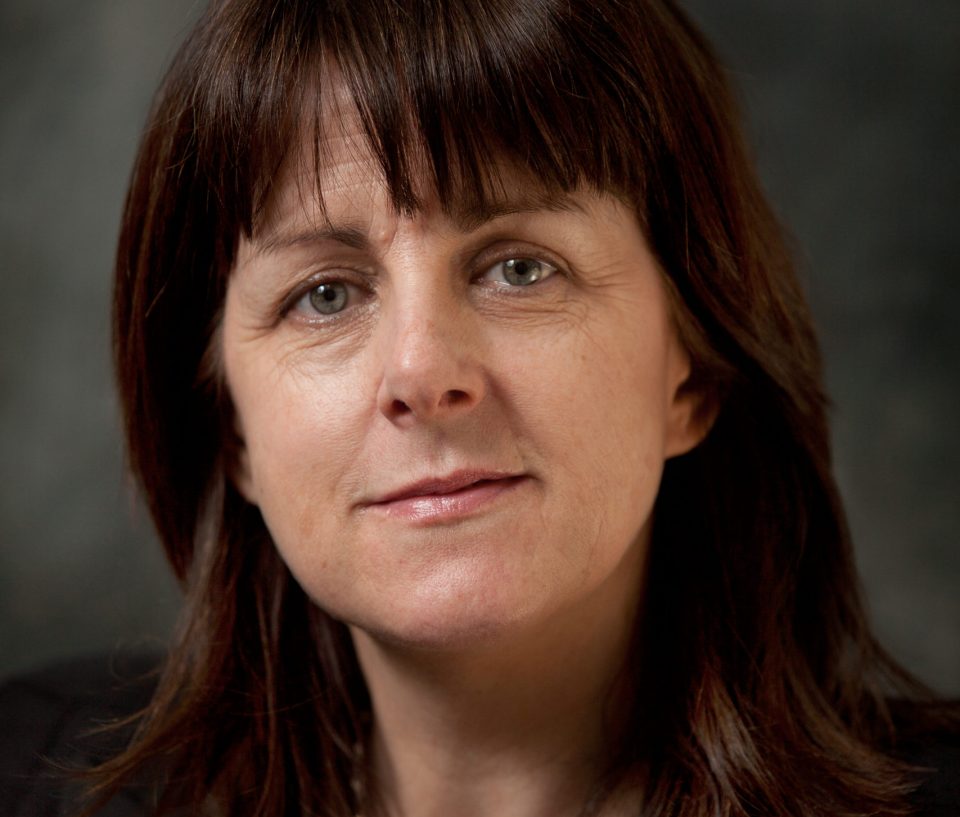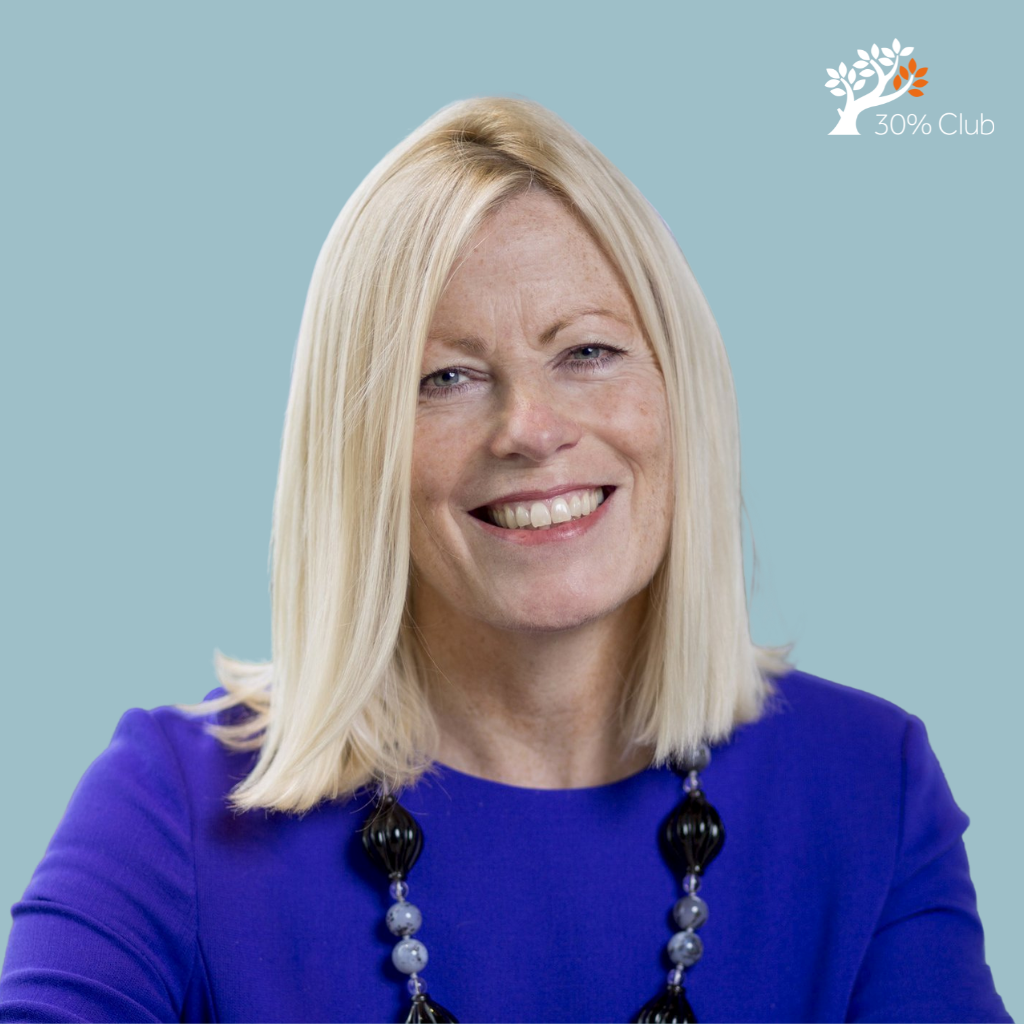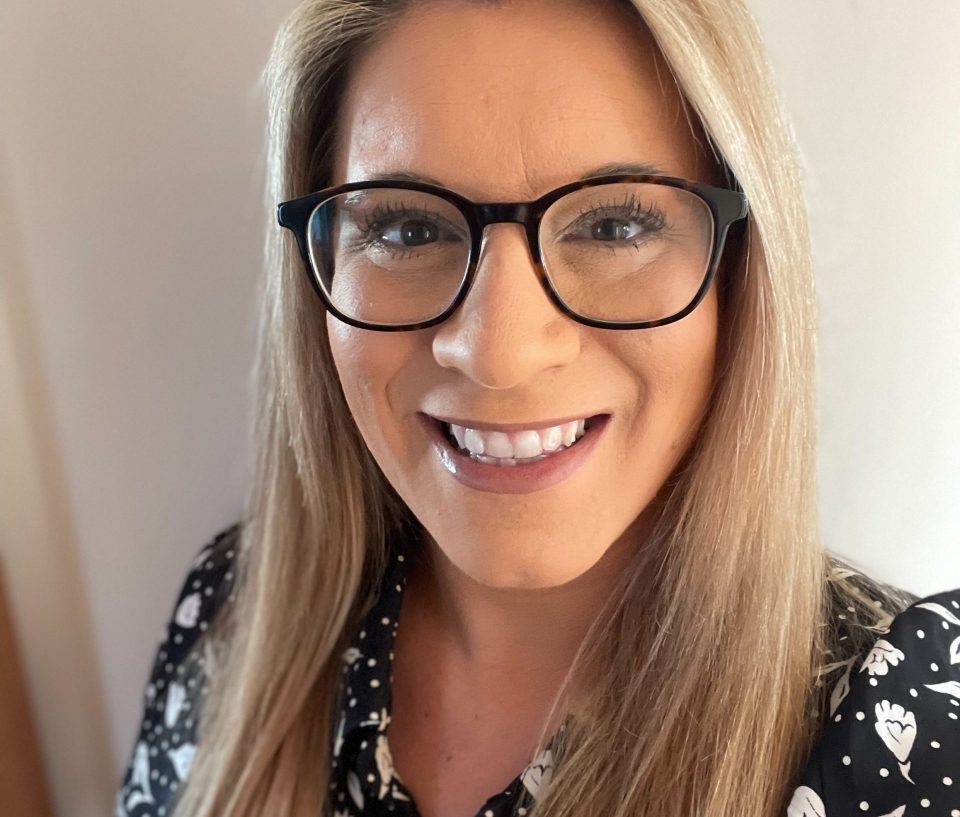London, UK, 09 September 2022: What an amazing woman we’ve lost. A queen who started her reign as a working mum in the 1950s – a role far outside the social norm in Britain at the time.
She also had a status above her husband in what was very much a man’s world.
She worked tirelessly until the end, welcoming another Liz as the new prime minister just days ago.
She gave 70 years to us as our Queen. She lived a life like no other with an incredible sense of duty and discipline.
She is a shining example of leadership at its very best.
Her former prime ministers say she became very knowledgeable and wise as the years went by. She was a great listener and sage counsellor. But many have also remarked on how she retained a great sense of humour. If you doubt it, then think of the James Bond stunt at the 2012 Olympics, which she simply loved!
The last time I saw her in public was at the Platinum jubilee when she came onto the balcony at Buckingham Palace. It was a wonderful moment which lit up the crowd and we all felt it might be the last time.
How sad that it was and how much we will all miss her.
Ann


